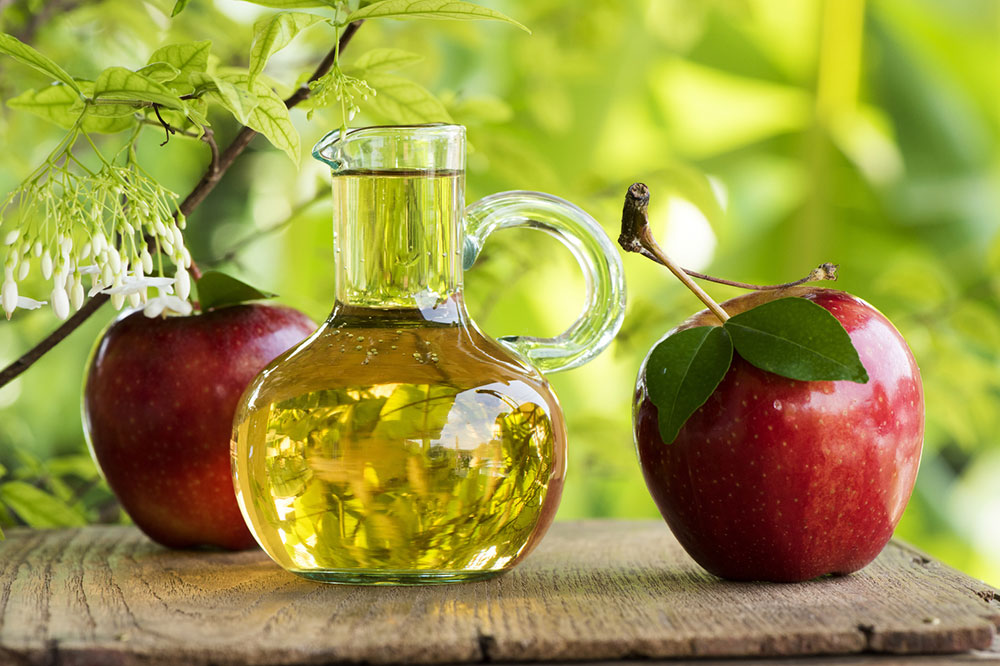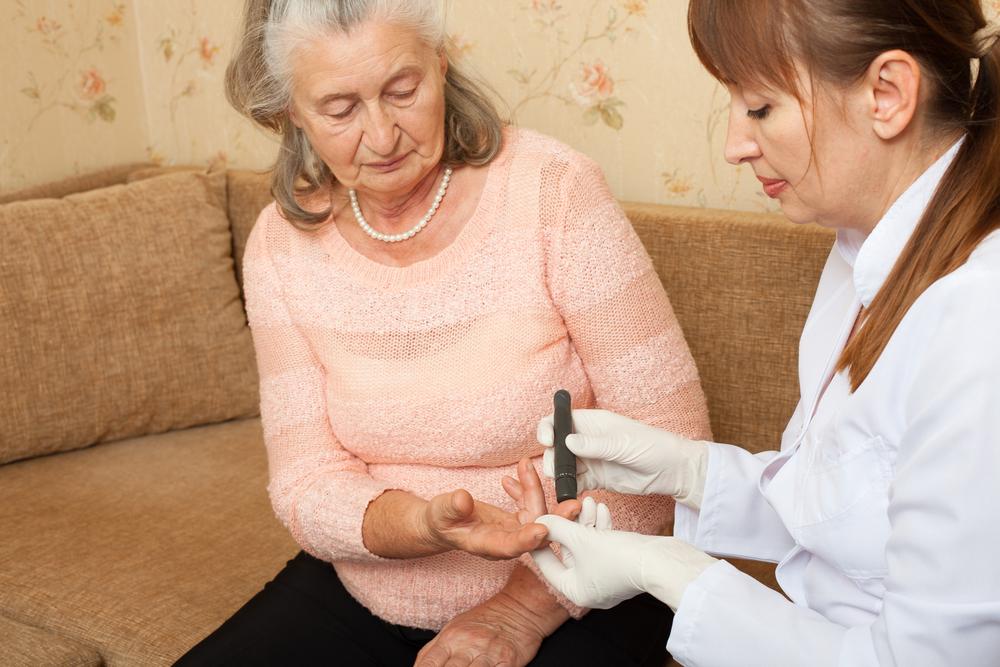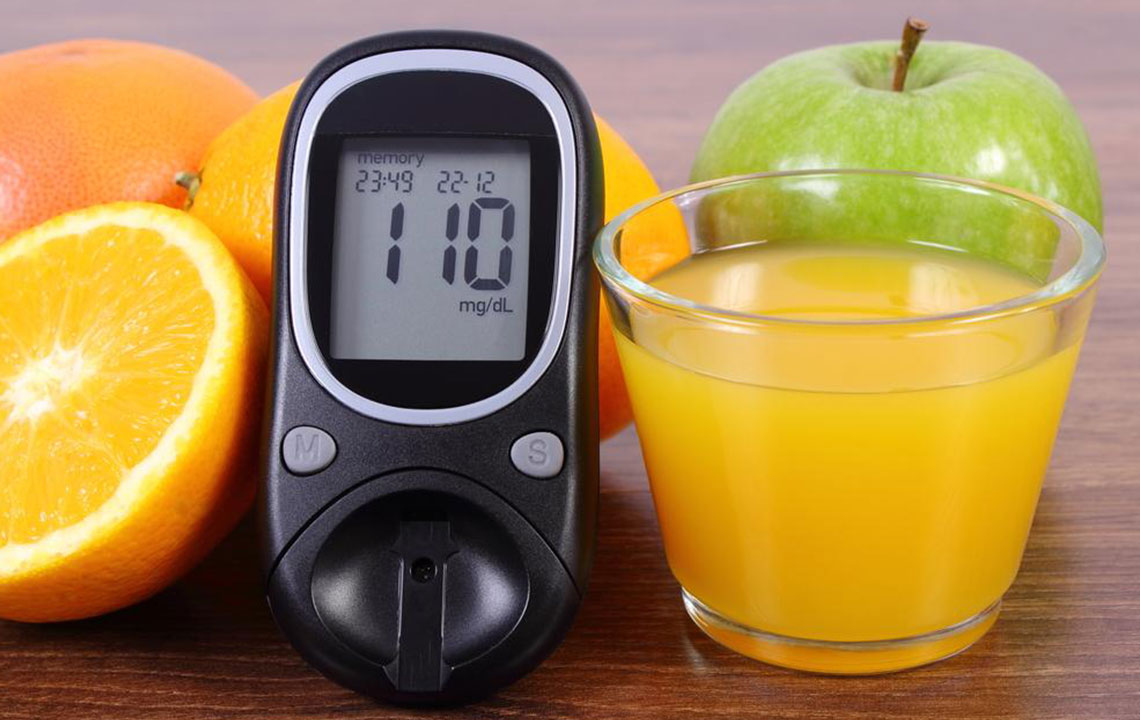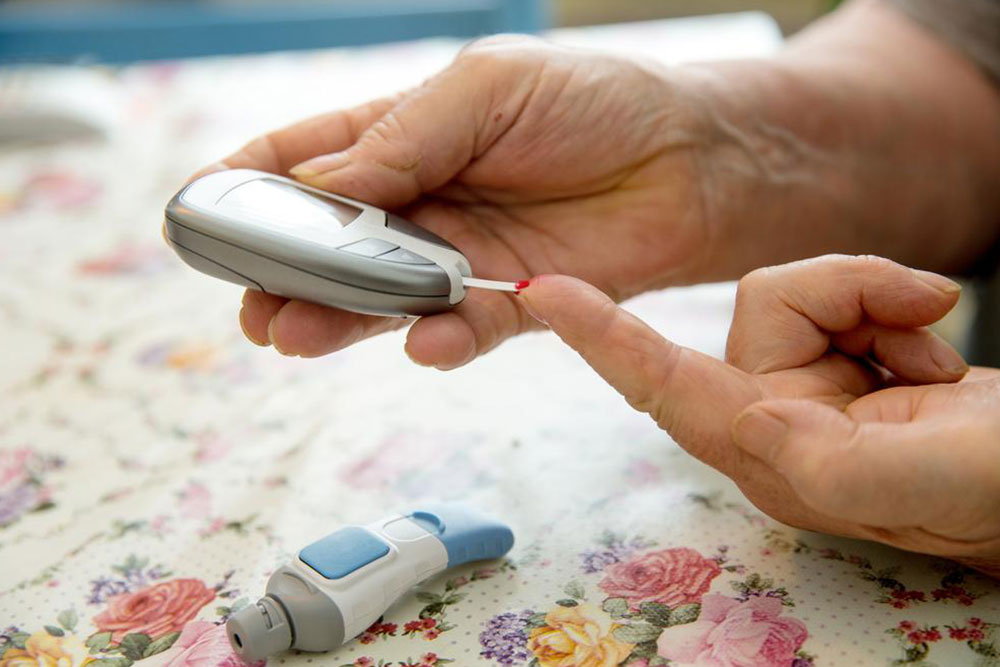Comprehensive Guide to Managing Diabetes Naturally and Effectively
This comprehensive guide explores effective strategies and natural remedies for managing diabetes. It covers different types of diabetes, medical treatment options, and lifestyle modifications such as diet, exercise, and natural remedies like cinnamon, aloe vera, and vitamin C. The article emphasizes the importance of a holistic approach combining medications and natural solutions to ensure optimal blood sugar control, prevent complications, and promote overall well-being. Perfect for individuals seeking sustainable management tips and lifestyle guidance for living with diabetes.

Comprehensive Guide to Managing Diabetes Naturally and Effectively
Diabetes mellitus is a chronic health condition that affects millions worldwide. It is characterized by high blood glucose levels resulting from the body’s inability to produce enough insulin or effectively use insulin. Insulin is a crucial hormone that facilitates the transportation of glucose from the bloodstream into the body's cells, where it is used for energy or stored for later use. When insulin function is compromised, excess glucose remains in the blood, leading to various health complications such as cardiovascular disease, nerve damage, kidney problems, and vision impairment. Managing diabetes requires a comprehensive understanding of its types, treatment options, and lifestyle modifications, including natural remedies that can complement conventional medical approaches.
Understanding the Types of Diabetes
Diabetes is classified into three primary types, each with distinct characteristics and management strategies:
Type 1 Diabetes: Often diagnosed in childhood or early adulthood, this form occurs when the body's immune system mistakenly attacks and destroys the insulin-producing beta cells in the pancreas. As a result, the body produces little or no insulin. Patients with Type 1 diabetes require lifelong insulin therapy to regulate blood sugar levels. Management involves various forms of insulin administration, including rapid-acting, short-acting, intermediate-acting, and long-acting insulin, tailored to the individual's needs and lifestyle. Regular blood sugar monitoring, a healthy diet, and physical activity are essential components of managing this condition.
Type 2 Diabetes: The most common type, primarily affecting adults but increasingly diagnosed in younger populations due to rising obesity rates. This form results from insulin resistance, where the body's cells do not respond effectively to insulin. Over time, the pancreas may also produce less insulin. Management typically includes lifestyle interventions such as adopting a balanced diet rich in fiber, controlling carbohydrate intake, maintaining a healthy weight, and engaging in regular physical activity. When lifestyle changes are insufficient, physicians may prescribe medications like metformin, DPP-4 inhibitors, GLP-1 receptor agonists, SGLT2 inhibitors, sulfonylureas, meglitinides, alpha-glucosidase inhibitors, or thiazolidinediones to help control blood glucose levels.
Gestational Diabetes: Occurs during pregnancy and affects how the body processes glucose. Elevated blood sugar levels during pregnancy can pose risks to both the mother and the baby, increasing the likelihood of preeclampsia, delivery complications, and neonatal hypoglycemia. Management involves blood glucose monitoring, dietary modifications emphasizing nutrient-rich, low-glycemic foods, physical activity, and sometimes insulin therapy if blood sugar control cannot be achieved through lifestyle alone. Proper management is critical to prevent adverse pregnancy outcomes and ensure the health of both mother and child.
Natural Home Remedies and Lifestyle Strategies for Blood Sugar Control
Complementing medical treatments with natural remedies can support blood sugar regulation and overall well-being. While these remedies should not replace prescribed medications, many have shown promising benefits when incorporated into a healthy lifestyle. Here are some natural approaches commonly used to manage diabetes effectively:
Cinnamon: This fragrant spice has been researched for its potential to improve insulin sensitivity. Consuming cinnamon may help lower fasting blood glucose levels. To include cinnamon in your diet, you can add ground cinnamon to warm water, smoothies, or oatmeal. Alternatively, boiling cinnamon sticks in water and drinking the infusion regularly can be a practical approach. Scientific studies suggest that cinnamon contains bioactive compounds that mimic insulin’s action, thereby aiding glucose uptake and reducing blood sugar spikes.
Aloe Vera: Known for its soothing and anti-inflammatory properties, Aloe Vera has been used traditionally for various health benefits, including blood sugar management. The gel from Aloe Vera leaves can be consumed by mixing it with water, yogurt, or buttermilk. Some research indicates that Aloe Vera may help lower fasting blood glucose and HbA1c levels by improving insulin sensitivity and reducing inflammation. When choosing Aloe Vera products, ensure they are food-grade and free from additives.
Vitamin C: An antioxidant that can help combat oxidative stress associated with high blood sugar levels. Regular intake of vitamin C, particularly around 600 mg daily, has been linked to improved glycemic control in some studies. Incorporate vitamin C-rich fruits such as oranges, strawberries, kiwi, and guava into your daily diet. Supplements can also be considered after consulting with a healthcare provider to avoid excessive doses, which might have adverse effects.
Physical Activity: Exercise plays a vital role in managing diabetes. Engaging in consistent physical activity, such as brisk walking, cycling, swimming, yoga, or gym workouts, enhances insulin sensitivity, promotes weight loss, and helps control blood glucose levels. Aim for at least 150 minutes of moderate-intensity exercise per week, divided into manageable sessions. Incorporating strength training can further improve muscle mass and glucose utilization. Active lifestyles contribute significantly to reducing the risk of diabetes-related complications and improving overall health.
Preventive Measures and Long-Term Management
The most effective way to manage diabetes is through prevention and early detection. Maintaining a healthy weight, eating a balanced diet low in refined sugars and saturated fats, staying physically active, and managing stress are critical strategies. Regular health check-ups, blood sugar monitoring, and adherence to medical advice are essential components of long-term management. For those already diagnosed, combining medical treatments with natural remedies and healthy lifestyle choices can significantly improve quality of life, reduce medication dependence, and prevent complications. It is crucial to work closely with healthcare providers to develop a tailored management plan that considers individual health status and preferences.
In conclusion, managing diabetes involves a multi-faceted approach encompassing medical treatments, lifestyle modifications, and natural remedies. Staying informed and proactive can empower individuals to lead healthier lives and mitigate the risks associated with this chronic condition.





